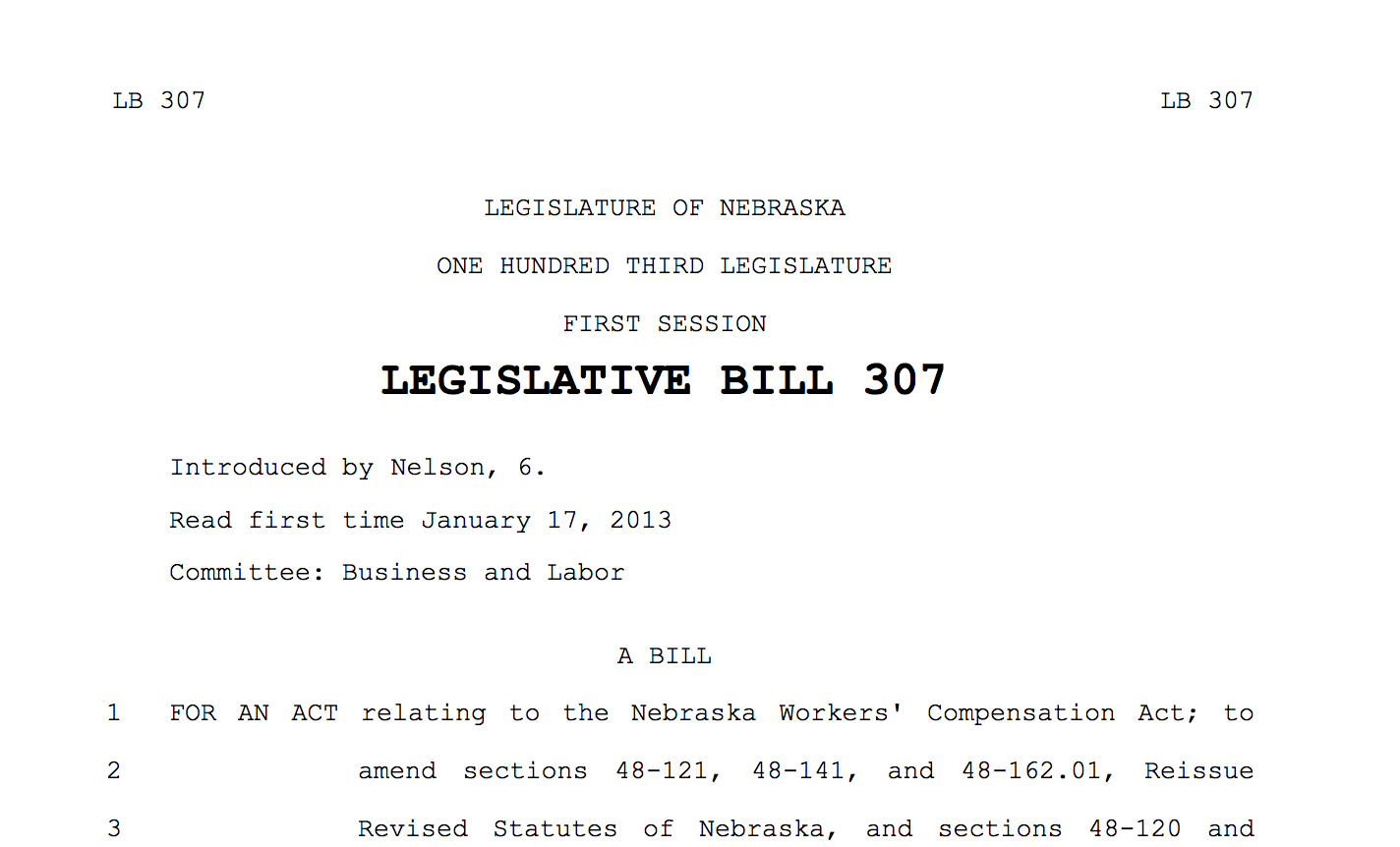
Insurance companies sometimes tell doctors that they will not pay for procedures that the doctor says are medically appropriate.
Today’s post comes from guest author Nathan Reckman from Paul McAndrew Law Firm in Iowa. I think this blog post is especially useful because it shows how workers’ compensation program details vary from state to state. It turns out that the nuances are very important. Todd Bennett and Roger Moore, partners in Rehm, Bennett & Moore, are admitted to the bar in Iowa.
In Iowa, employers have the right to control an injured worker’s medical care. This means that if you are injured at work, your employer gets to send you to a doctor of their choosing. The doctors chosen by the employer are called “authorized treating physicians.” In theory, after an employer chooses their authorized treating physician, they are required to pay for any care that doctor believes is necessary to treat the work injury. In practice, the employer and their workers’ compensation insurance company often try to interfere with the care the injured worker is entitled to by refusing to pay for procedures or tests recommended by their handpicked doctor.
Typically, when an authorized doctor suggests an expensive course of care (like surgery) the first thing the doctor will do is check with the insurance company to make sure the surgery is going to be paid for. Instead of immediately scheduling the needed surgery, the doctor will wait until the insurance carrier agrees to pay for the procedure. Doctors do this so they don’t have to worry about how they are going to be paid. Asking for this unneeded authorization from the insurance company means the insurance company now has a say in determining what individual procedures are proper for the care of the work injury.
We often see injured workers whose injury was initially accepted by the employer until the doctor requests authorization for an expensive surgery. When faced with the additional cost of surgery, the insurance carrier denies the work injury hoping the injured worker will either forego surgery or try to pay for the surgery through other means, such as their personal health insurance.
This situation may also arise when the authorized doctor recommends expensive diagnostic procedures, like CT scans, or refers the injured worker to a specialist, for example a psychiatrist for depression related to the work injury.
To make sure your rights are protected, it’s often helpful to have an experienced workers’ compensation attorney on your side if you’re facing a situation where your employer is trying to interfere with the decisions of their handpicked doctor. Injured workers should get the care that their doctor, not an insurance company, determines is medically appropriate.








